The Ultimate Guide to Compost Bins: A Sustainable Solution for Organic Waste
Composting is a time-honoured practice that transforms organic waste into nutrient-rich soil, benefiting both the environment and gardens alike. Central to this process is the compost bin, a container designed to facilitate decomposition while containing odours and pests. In the UK, where sustainability is increasingly valued, compost bins have gained popularity for their eco-friendly benefits.
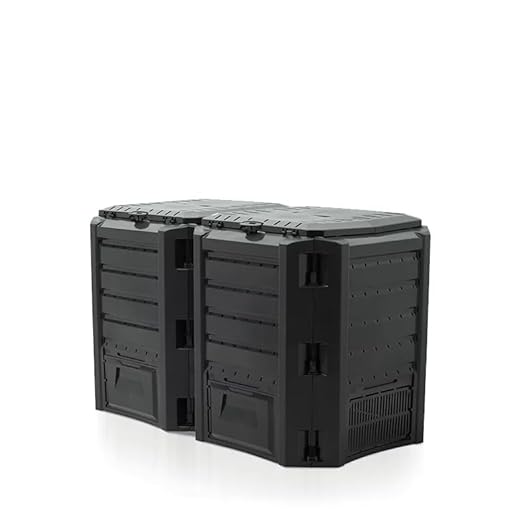




Types of Compost Bins
Compost bins come in various types, each catering to different needs and preferences:
- Plastic Bins: These are affordable and widely available, offering good insulation for faster decomposition.
- Wooden Bins: Known for their aesthetic appeal, wooden bins blend seamlessly into gardens, though they may require occasional maintenance.
- Tumbling Bins: Ideal for those with limited space or mobility, tumbling bins facilitate aeration and mixing through their rotating design.
- Worm Bins: Also known as vermicomposters, these bins use worms to break down organic matter quickly, producing nutrient-rich castings.
Key Considerations Before Buying
When choosing a compost bin, several factors should be considered:
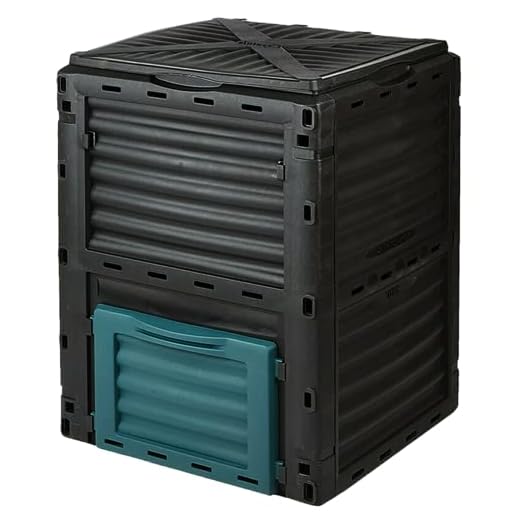

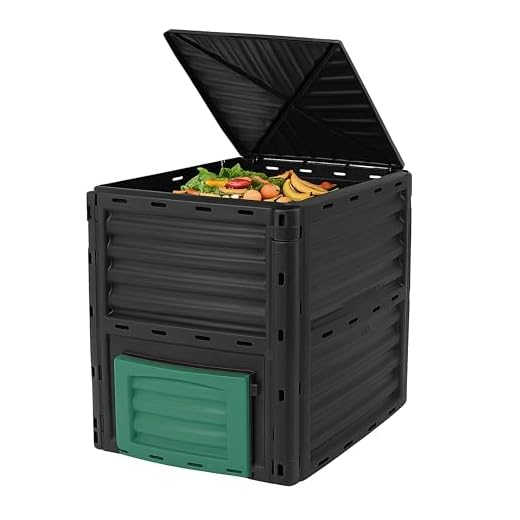
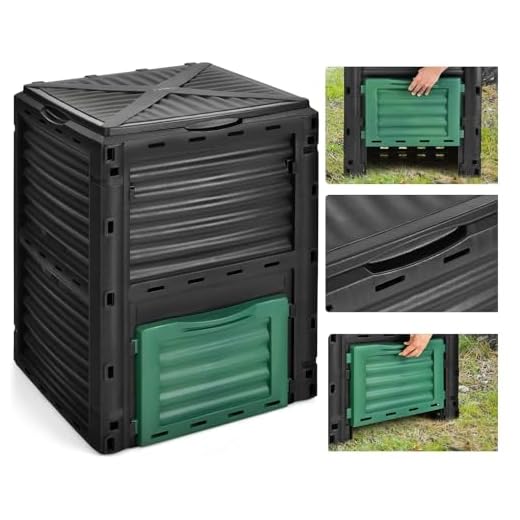







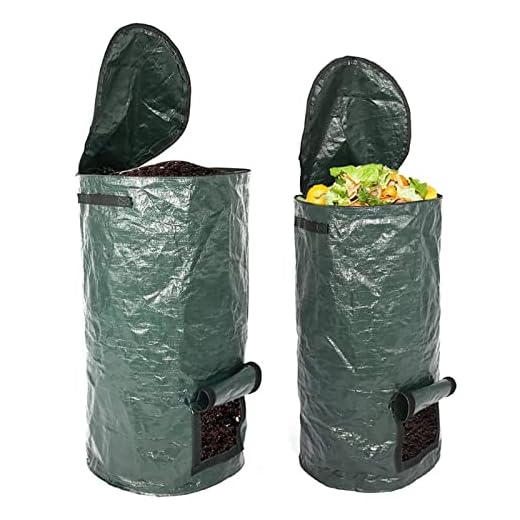
- Size: Determine how much waste you generate and how much space you have for composting.
- Location: Consider where you’ll place the bin for optimal access, sunlight, and drainage.
- Aeration: Ensure the bin allows for adequate airflow to promote decomposition.
- Material: Choose a bin material based on durability, aesthetics, and insulation properties.
Buying Guide
When shopping for a compost bin online, keep the following tips in mind:
- Read Reviews: Look for customer reviews to gauge the bin’s performance and durability.
- Compare Prices: Compare prices across different retailers to ensure you’re getting the best deal.
- Check Dimensions: Verify the bin’s dimensions to ensure it fits your available space.
- Look for Discounts: Keep an eye out for coupons and discounts to save money on your purchase.
Pros and Cons of Compost Bins
Compost bins offer numerous benefits, but they also come with some drawbacks:
- Pros:
- Reduce waste sent to landfills
- Produce nutrient-rich compost for gardens
- Contribute to a more sustainable lifestyle
- Cost-effective alternative to chemical fertilisers
- Cons:
- Requires time and effort to maintain
- May attract pests if not managed properly
- Initial investment required for purchasing a bin
- Not suitable for all types of waste (e.g., meat and dairy)
Usage Tips
To make the most of your compost bin, follow these tips:
- Balance Ingredients: Maintain a balance of green (nitrogen-rich) and brown (carbon-rich) materials for efficient decomposition.
- Aerate Regularly: Turn or mix the compost regularly to promote airflow and prevent odours.
- Avoid Inorganic Waste: Refrain from adding materials such as plastics, metals, or chemicals that can contaminate the compost.
- Monitor Moisture: Keep the compost moist like a wrung-out sponge to facilitate decomposition without becoming waterlogged.
Shopping Online: Reviews, Prices, and Discounts
When shopping for compost bins online in the UK, platforms like Amazon, Gardening Direct, and B&Q offer a wide range of options. Before making a purchase, read reviews from other customers to ensure the bin meets your expectations. Additionally, keep an eye out for seasonal sales or discount codes to save money on your composting setup.
Choosing the Right Compost Bin
Choosing the right compost bin depends on your specific needs and circumstances. Consider factors such as the amount of waste you generate, available space, and aesthetic preferences. For smaller gardens or urban spaces, tumbling or worm bins may be more suitable, while larger gardens may benefit from traditional plastic or wooden bins.
Caring for Your Compost Bin
To ensure your compost bin remains healthy and productive, regular maintenance is essential. Keep the bin well-aerated by turning or mixing the compost regularly. Monitor moisture levels and adjust as needed to prevent the compost from becoming too dry or soggy. Additionally, check for signs of pests or odours and address them promptly to maintain a healthy composting environment.
Frequently Asked Questions
- 1. How long does it take to make compost?
The time it takes to make compost depends on various factors such as temperature, moisture, and the mix of materials. Under optimal conditions, compost can be ready in as little as a few months. - 2. Can I compost food scraps in a worm bin?
Yes, worm bins are excellent for composting food scraps as worms help break down organic matter quickly. However, avoid adding meat, dairy, and oily foods to prevent odours and attracting pests. - 3. Do I need to add a compost accelerator?
Compost accelerators can speed up the decomposition process, but they’re not necessary. A well-balanced mix of green and brown materials, along with regular turning, can facilitate decomposition without additional additives. - 4. How do I prevent pests in my compost bin?
To prevent pests, avoid adding meat, dairy, and oily foods that can attract unwanted creatures. Additionally, ensure the compost is well-aerated and covered to discourage pests from accessing the bin. - 5. Can I compost weeds and diseased plants?
While you can compost weeds and diseased plants, it’s essential to ensure the compost reaches a high enough temperature to kill any seeds or pathogens. Avoid composting weeds with mature seeds to prevent them from spreading in your garden.
Conclusion
Compost bins are invaluable tools for reducing waste, enriching soil, and promoting sustainability. By choosing the right bin, following best practices, and addressing common concerns, you can enjoy the benefits of composting while minimising its challenges. With a little effort and care, your compost bin can be a cornerstone of your eco-friendly lifestyle and garden maintenance routine.






